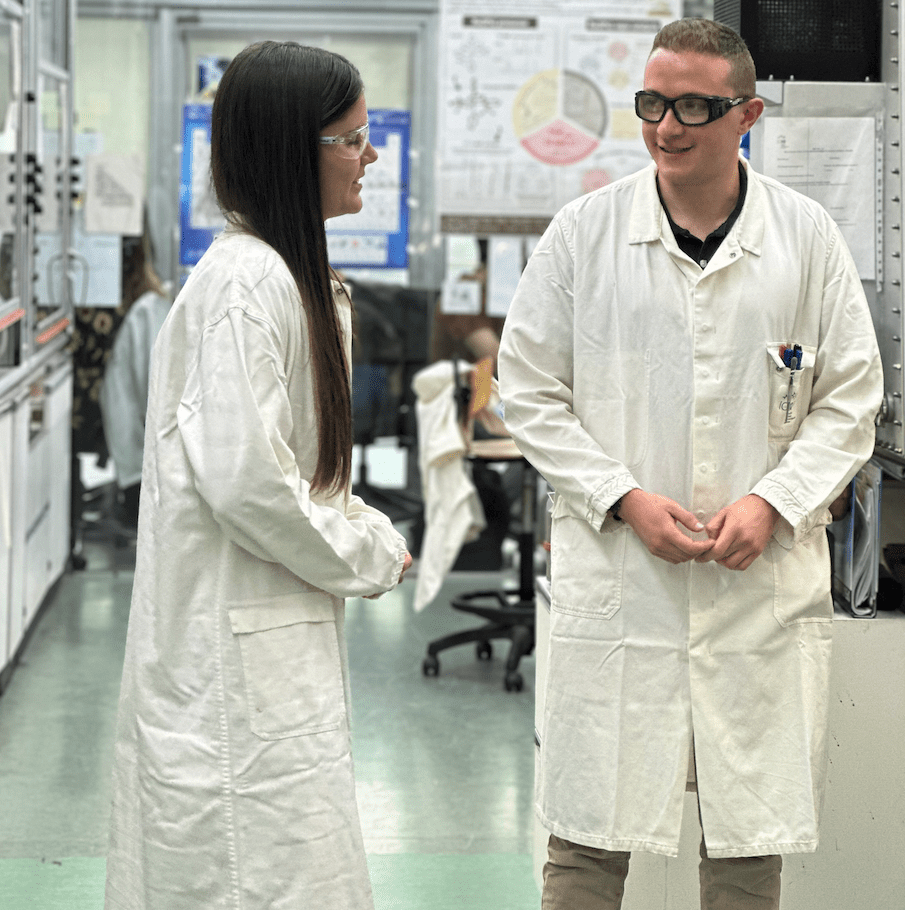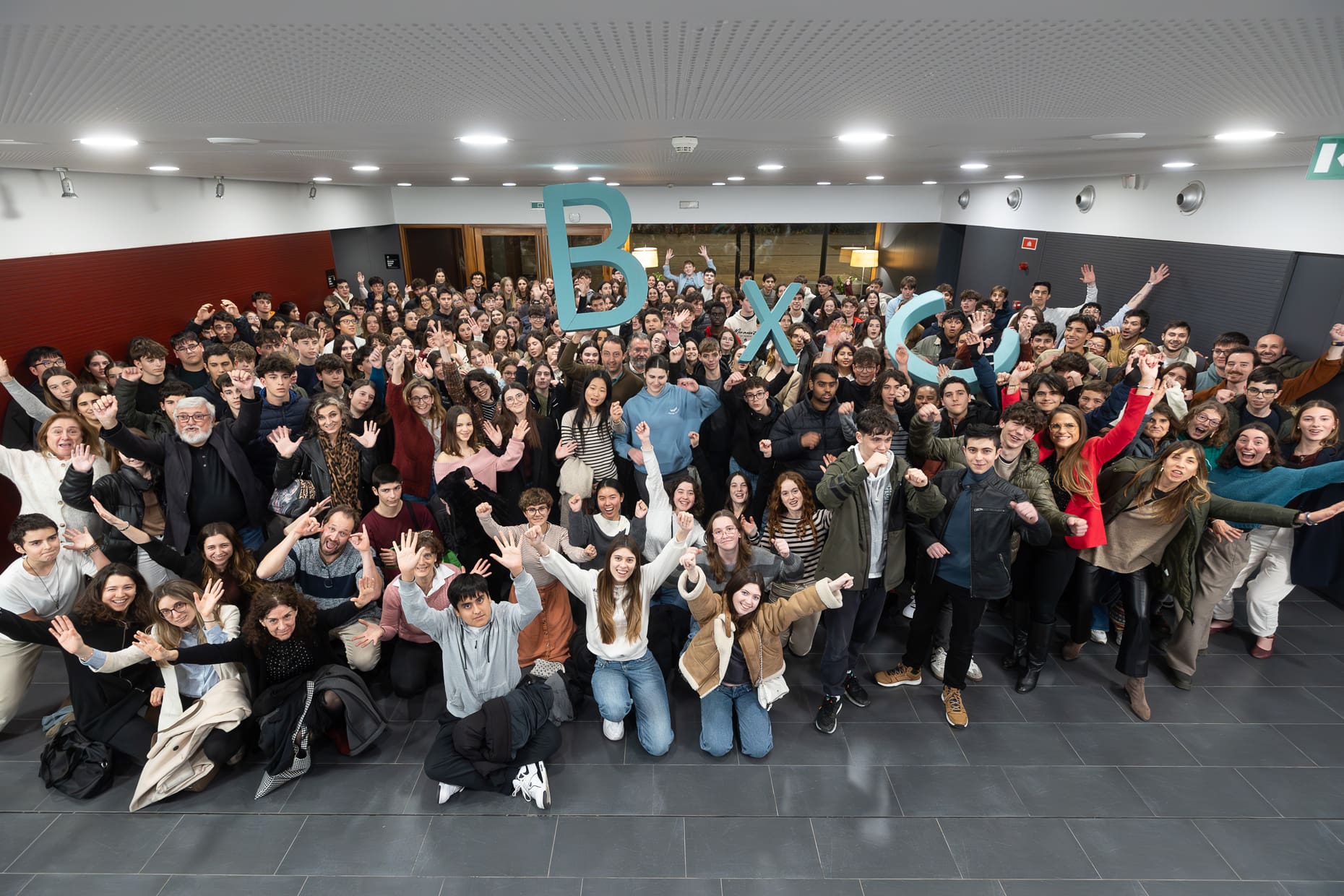Face to Face with Ana Moore
18th December 2015 –  Anna L. Moore is Regents Professor at the Arizona State University. Prof. Moore research interests center on artificial photosynthesis with an approach that is mimicry of the steps used by photosynthetic organisms to convert solar energy into chemical potential. Her research group works on the design and synthesis of analogs of photosynthetic reaction centers consisting of tetrapyrrole chromophores covalently linked to electron acceptors and donors. She has been involved in many outreach activities and she is liaison and coordinator of collaborative research activities with Latin American Universities
Anna L. Moore is Regents Professor at the Arizona State University. Prof. Moore research interests center on artificial photosynthesis with an approach that is mimicry of the steps used by photosynthetic organisms to convert solar energy into chemical potential. Her research group works on the design and synthesis of analogs of photosynthetic reaction centers consisting of tetrapyrrole chromophores covalently linked to electron acceptors and donors. She has been involved in many outreach activities and she is liaison and coordinator of collaborative research activities with Latin American Universities
Prof. Moore was one of the invited speakers of ‘Lights on Chemistry’ -the symposium organized at ICIQ last October- when we had the occasion to talk to her in our Face to Face.
When did you decide to become a scientist and why?
I realized I liked sciences when I was in school. Then, in college I discovered organic chemistry and I loved it. At 19 I worked as assistant teacher in the laboratory and I also loved it so, I kept that way. After that I got a scholarship to go to Brazil to do a master in organic chemistry and then, I started with research.
What do you like and enjoy the most in your job?
What I like most of the research is to do things that nobody has done before. I could retire but I love working on research. I love it when I raise a hypothesis with students and when we go to the lab we found that it works. It doesn’t happen always but when it does it is very satisfying.
Which are the greatest achievements in your career so far?
I especially remember when I was in Paris with my husband in 1983. I worked building artificial photosynthetical reaction centers and my husband studied them. When the one I had prepared worked as we had expected I was very satisfied. I think that it was probably the first of these systems that worked properly. It was a long time ago but I have very good memories.
From your point of view, what are the most important areas in which funding should be spent on?
I could not choose between basic or applied research because without the former it is not possible to reach the second. It is very difficult to find an immediate application for everything. Nowadays it is difficult to finance a project that has no connection with the industry. But we have to keep in mind that most of the times it is not possible to make an immediate transition.
Could you give a piece of advice to young researchers who want to become excellent researchers in their fields?
They have to find something they really like and think they are going to spend the life working on it. I’m still working on Saturdays and Sundays and I have grandchildren and I also need time to see them. The problem is that there are many things to do and the work never ends. So, it is very important to work on a field of research you like.
We see many women studying chemistry at University including at PhD level; however, we do not see that many women working as researchers or academics. Why do you think that happens?
There are several reasons but I think the most important are the children, the difficulty of reconciling work and family life. It becomes easier if the partner contributes to childcare 50% of the time, but research centres also have to do their part. When I was doing my postdoc in Seattle I was very lucky because they have a good daycare system. However, when I moved to Arizona I realized they didn’t have something like that. It makes me angry that universities say they want women but then they do nothing to facilitate this reconciliation that is so necessary when there are small children. Facilities as daycare centres would help.
What do you do in your spare time?
Take care of my dogs, I have always had dogs and I always will. Now I have a greyhound that is very quiet. It lies besides me while I work. I also have other animals. My kids loved animals and we always had some of them at home. Take care of the animals and reading are my hobbies.
PROUST QUESTIONNAIRE
A chemical element: Silver
Favourite scientist: Linus Pauling, for obvious reasons.
Your favourite invention: Computers
If you had not been scientist… I would have been a teacher
Favourite destination: The mountains
A book: One hundred years of solitude
A movie: The African Queen
A dream: I wish I had more time and see more of my grandchildren
Science is… knowledge and a way to provide a good life for people and help preserve the planet.
Related news

Let's create a brighter future
Join our team to work with renowned researchers, tackle groundbreaking
projects and contribute to meaningful scientific advancements






 14-03-2025
14-03-2025 















